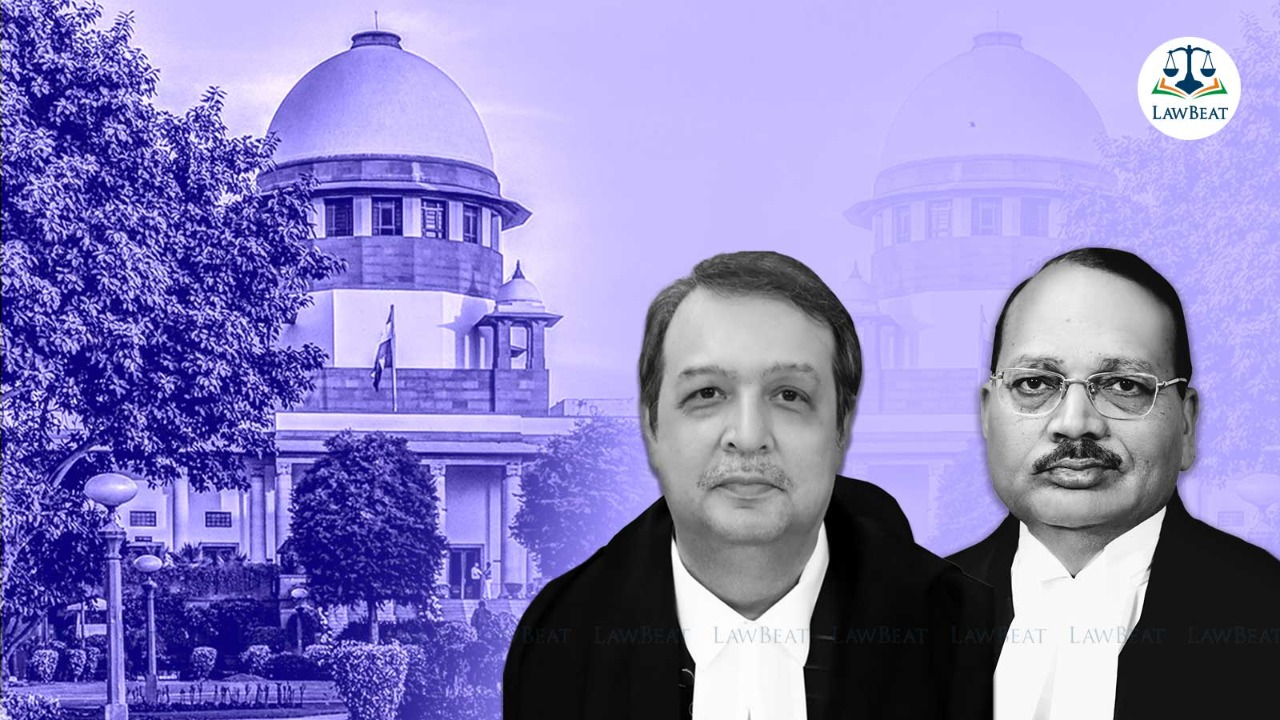Supreme Court says grant of anticipatory bail when no case for custodial interrogation is made out, a 'serious misconception'

Supreme Court was further of the view that in cases where serious allegations are made, protection against arrest should not be granted, as the Investigating Officer deserves freehand to take the investigation to its logical conclusion.
The Supreme Court recently addressed a serious misconception of law that if no case for custodial interrogation is made out by the prosecution, then that alone would be a good ground to grant anticipatory bail.
Noting that custodial interrogation can be one of the relevant aspects to be considered along with other grounds while deciding an application seeking anticipatory bail, a bench of Justices Surya Kant and JB Pardiwala said,
"There may be many cases in which the custodial interrogation of the accused may not be required, but that does not mean that the prima facie case against the accused should be ignored or overlooked and he should be granted anticipatory bail."
Court was further of the view that the first and foremost thing that the court hearing an anticipatory bail application should consider is the prima facie case put up against the accused and then the nature of the offence should be looked into along with the severity of the punishment.
Even if custodial interrogation is not required or necessitated, by itself, cannot be a ground to grant anticipatory bail, the bench held.
With this view, Supreme Court set aside the anticipatory bail granted by the Kerala High Court to a person accused of sexually assaulting his 12-year old niece.
In a case containing such serious allegations, the High Court ought not to have exercised its jurisdiction in granting protection
against arrest, as the Investigating Officer deserves freehand to take the investigation to its logical conclusion, the bench said.
Top Court further opined that appearance before the investigating officer who, has been prevented from subjecting the accused to custodial interrogation, could hardly be fruitful to find out the prima facie substance in the allegations, which are of extreme serious in
nature.
The fact that the victim-girl, who was sexually assaulted by her accused-maternal uncle, being traumatized to such a high degree that her academic pursuits were adversely impacted alone, coupled with the legislative intent reflected through Section 29 (presumption of guilt of accused) of the POCSO Act, are sufficient to dissuade a court from exercising its discretionary jurisdiction in granting pre-arrest bail, the top court held.
Case Title: X vs. ARUN KUMAR C.K & ANR.
